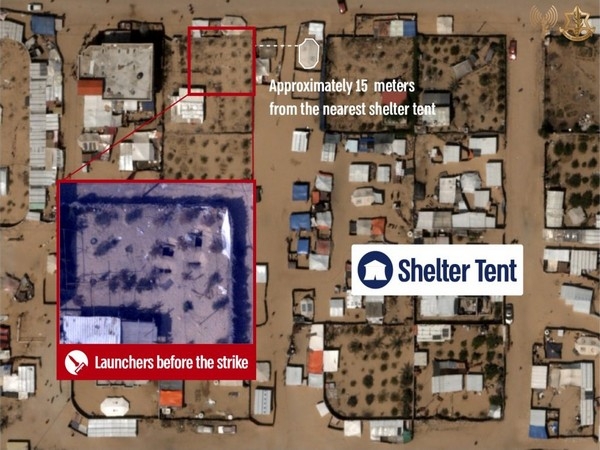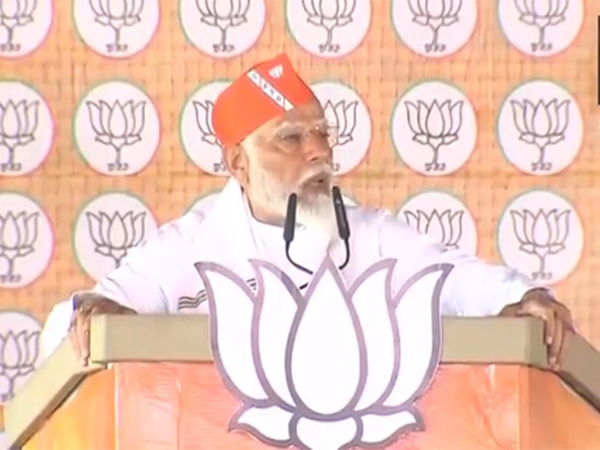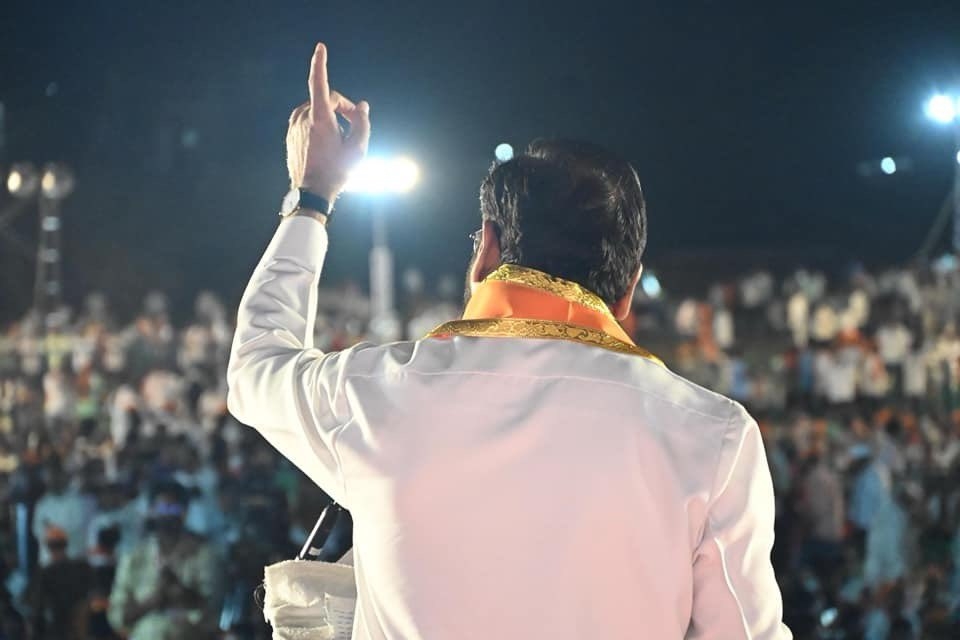Ramzan rigour: when time slows for those living the fast life
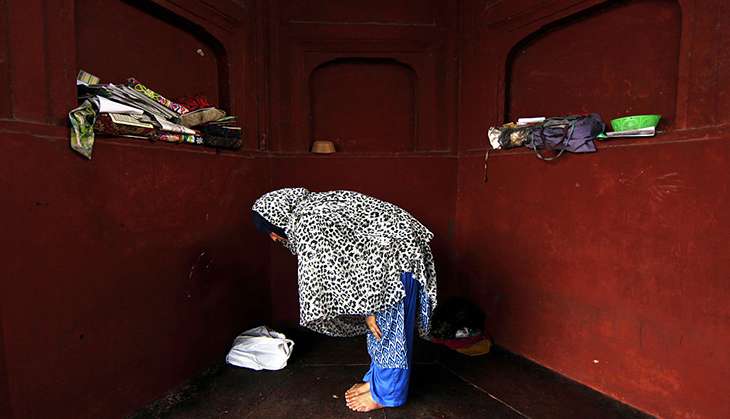
It is 3:39 pm. I am trying to count the number of hours left to iftar - which is when I will break my fast. In my head I do this exercise every two hours or so after I hear my colleagues loudly ordering chicken tikka and biryani for lunch.
For me the countdown to iftar has begun because I have spent over 10 hours of fasting.
I like precision. I try and count the exact time left to iftar. The hours are not difficult to count. But the minutes are - mostly because I never had an aptitude for math.
Also read - Heard of the MuslimJinn? He'll keep your spirits high this Ramzan
When my brain doesn't cooperate, I use my fingers. I fumble. I look around for a piece of paper and scribble. 7.22 minus 3.39. I arrive at 3.43. I stare at it long and hard and then look at the laptop clock again. It is 3.43 pm.
I let out a long yawn. Take a little walk around office. Come back to my seat - to check if there have been any updates on Facebook or Twitter. None. I double check. Such distractions help when office caffeine intake is down to zilch.
My colleagues are having yet another round of steaming coffee. Someone complains about the heat. Another about the muggy weather. Someone is ordering ice-cream.
I hear a loud - "I don't know how you do this? How can you not even have water?"
I am struggling to finish a copy that I should have filed over an hour ago. I don't think I have the energy to talk. My voice sounds strange even to me. As if it's coming from a great distance.
"It's not so difficult. It's all in the head," I offer. I realise this has become my takia kalaam -- my Ramzan special reply.
To another colleague, I say, "Only the first two-three days are difficult. Then the body gets accustomed to the routine."
The Low Down
The alarm rings at 3 am. Three hours after I tucked into bed. In those three hours I have woken up at least three times to stop my cats from fighting with each other, or to oblige them with cuddles.
I switch off the alarm and go back to sleep. It rings again in 10 minutes. Suddenly I am plagued with a vision of me with a migraine. I step out and head to the kitchen to make tea.
Yes, a lot of us do not eat a mini-meal at sehri or suhoor as it is called. I fill myself up with water and walk with my cup of tea to wake my husband up - which is another feat.
We have only 10 minutes to go before the fast begins. I quickly gulp down the tea and the fast has begun. I try and catch a little sleep in between. Sometimes I succeed, sometimes I don't.
Also read - 5 easy steps to stay healthy this Ramadan
The first 2-3 days are indeed difficult. The hunger pangs. The thirst pangs. I hear my stomach growling. I worry if my colleagues can hear it too.
Often I have picked up a bottle of water absentmindedly - and put it back in the nick of time. Often I have entertained thoughts of skipping a fast on a particular day.
The Breaking of Fast
I keep a jar of dates handy just in case I don't reach home on time. I have been fairly lucky this season having had to break my fast on the road just twice.
I hit home and head to the kitchen to make myself a glass of Rooh Afza - an all-time favourite drink with most rozdaars. I can actually feel the first gulp of Rooh Afza travelling through my system. I smile the smile. Of relief. I thank God for letting another day pass well.
If I have been invited to another table for iftar I gorge on the papad-bhajiyas. And the aloo chat.
Post-iftar drawing conversations usually begin with: "Kitne roze ho gaye aaj?"
In the first week there is little enthusiasm. We all sigh, some sulk, because we have a long, long way to go.
We all become avid moon gazers too. Manically monitoring the moon and posting pictures on Facebook: "Look! That's a full moon" and launching into debates on when Eid will be.
Of course, there is terrible lunar confusion around Eid and it is never on the same day for everyone. Usually, we take our cue from the middle-eastern countries and celebrate a day after theirs.
Also read - See how Muslims around the world started the Ramzan fast
The body needs a break
The real "tension" of Ramzan sets in a month before its advent. We worry about how will we manage in this heat. In this humidity. And the long hours. As a practice, a lot of us keep a fast during Shab-e-barat, which falls a fortnight before Ramzan and call it a "trial roza". That roza gives us the confidence that we will be able to sail through the month.
And then of course, there's God. Who sent rains on Shab-e-barat cooling the weather and making the fast easy for the rozdaars. Letting the faithful know that He will take care of them during Ramzan too.
I like to give my body a break. And Ramzan is a perfect excuse to do that. To experience the life of those who have to do without food and water.
Also read - Ramadan & Ramzan are both correct. Neither is 'pure' or 'original'
It is a good way to detoxify the system. Not just ridding the system of its toxins - as most know - but also of the dirtiness in the soul. Fasting is seen manifested in abstaining from intake of food, but it is also about abstaining from lying, from displaying anger, from abusing, from cursing, from humiliating.
The disciplining of the body has to be complete. What good is a fast if a rozdar does not eat food, but continues to lie, curse and ridicule?
This is a tall order. Some of us achieve that, some don't. Some of us may achieve that only during Ramzan, and we are back to our grouchy selves right after the holy month has ended.
Unfortunately, there are some other things that we have got horribly wrong. By turning the holy month into a calendar event where we dress, eat and show off our wares. Where we are increasingly falling into the numbers trap. The number of iftars we have hosted. The number of iftars we've been invited to. The number of Quran Khatms we have held. The number of new clothes we've bought.
That is not the spirit of Ramzan. Ramzan is about giving. About trying to turn over a new leaf. About trying to become a good human being.
I myself am a long way off from hitting this milestone. When I do, I know I will stop counting the hours, minutes and seconds left to iftar.
First published: 21 June 2016, 8:19 IST
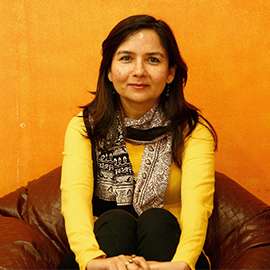





![BJP's Kapil Mishra recreates Shankar Mahadevan’s ‘Breathless’ song to highlight Delhi pollution [WATCH] BJP's Kapil Mishra recreates Shankar Mahadevan’s ‘Breathless’ song to highlight Delhi pollution [WATCH]](http://images.catchnews.com/upload/2022/11/03/kapil-mishra_240884_300x172.png)

![Anupam Kher shares pictures of his toned body on 67th birthday [MUST SEE] Anupam Kher shares pictures of his toned body on 67th birthday [MUST SEE]](http://images.catchnews.com/upload/2022/03/07/Anupam_kher_231145_300x172.jpg)


